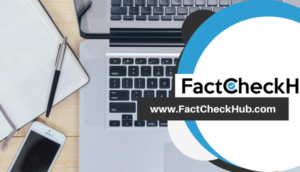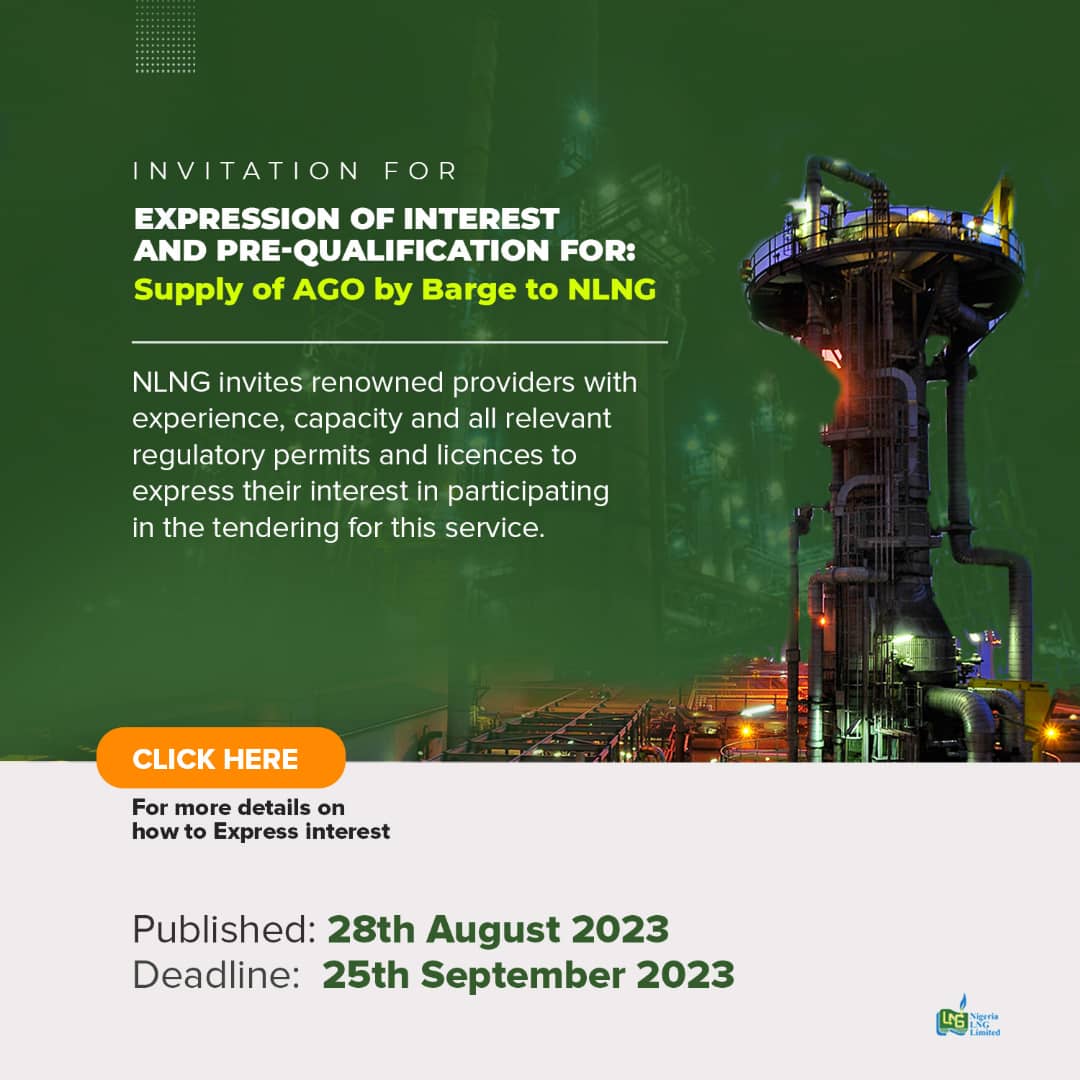
AS part of global efforts to curtail the spread of fake news, the International Centre for Investigative Reporting (The ICIR) on Friday launched an independent fact-checking platform known as the FactCheckHub.
The project initiated by The ICIR in partnership with the Institute for War and Peace Reporting (IWPR) is aimed at dispelling misinformation, disinformation, hoaxes, rumours as well as other unverified information on health-related issues, elections, governance and other areas of human endeavours using technological tools.
During the project launch in Abuja, the Executivethe Director of The ICIR, Dayo Aiyetan said the innovation was developed in 2018 prior to the 2019 general elections due to the alarming rate at which fake news were spreading.
The determination to combat fake news in the country, Aiyetan disclosed made the organisation to be involved in the formation of a coalition of newsrooms known at the time as CrossCheckNigeria, meant to fight misinformation, particularly during the polls.
While noting that people including government officials and politicians would always fabricate fake news, he described disinformation as a new kind of vicious circle around human daily existence.
He identified the trend as a form of organised crime perpetrated by people who are bent on orchestrating false information to mislead the public.
“There’s a lot of misinformation in the world, Nigeria inclusive…I said then that misinformation will not end after the election, and it has not,” Aiyetan said.
“And it looks like every cycle around our life, our activities, we throw up all kinds of misinformation, whether it’s an election, pandemic – like the Coronavirus has done; whether it’s about a natural disaster, an attack, whether it’s about our security situation, economic situation, about corruption.”
“People will always cook up something, particularly now that governments are known to spread misinformation; powerful politicians are known to spread misinformation too.
“So, it has become a kind of organised crime in cyberspace. And so, we knew that we have been at the forefront of creating an architecture in the media to fight this malaise and we’ve spoken with other media houses about collaborating on this before.”
Speaking on the FactCheckHub project, Aiyetan stated that the COVID-19 pandemic ushered the best opportunity for The ICIR to unveil the long prepared platform to address infodemic and all manners of fake news in Nigeria, Africa and beyond.

The vision of the FactCheckHub, he said was not just about publishing fact-check reports but building capacity of every individual to identify a false claim and fact-check the claim.
“The reason why misinformation spreads so much is due to ignorance of the ordinary person who just sees something and believes it. I’m talking about ignorance, not in terms of education, as it involves even the educated, enlightened people,” he said.
“We want to engineer an environment where every single person can be a fact-checker, so that if an ordinary person sees misinformation or fake news, he or she will be able to identify, decipher that this is fake news so that they don’t share it.”
“Rather than share it, they provide knowledge or information that this is not genuine. So, we want to spread this kind of thinking. We also want to use our fact-checking processes in a way that we’ll be able to reach the very ordinary Nigerians and Africans in the rural areas.”
In her remarks, the Senior Programme Officer at the ICIR Rosemary Olufemi, described misinformation as a threat to democracy.
The new trend, according to her has “negatively impacted elections, ignited communal clashes and deepened the challenges caused by epidemics such as the Coronavirus and Ebola.”
Olufemi, who is the programme officer in charge of the FactCheckHub said the tools of social media and data have been wrongly applied to arm misinformation in the country and beyond.
“Never in history has the role of the media been attacked by the same product and channels it uses than now,” she said.
“To provide accurate information and foster a fact-check culture among the general public spurred the intervention of the Factcheckhub project,” she added.
The project, supported by the IWPR is in partnership with Africa Uncensored (AUC) in Nairobi, Kenya.
The ICIR and AUC feed the Pan-Africa fact-checking website, www.FakeWatch.africa, which serves as a clearinghouse for information on fake news across the continent.





















